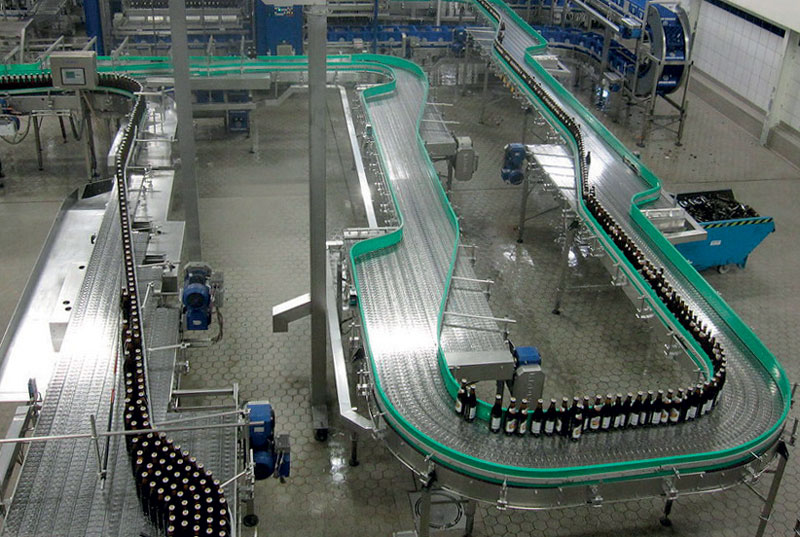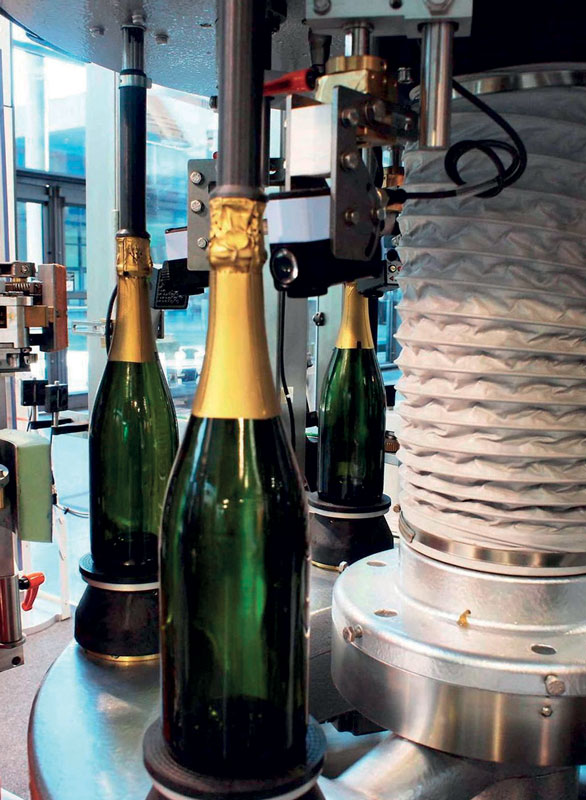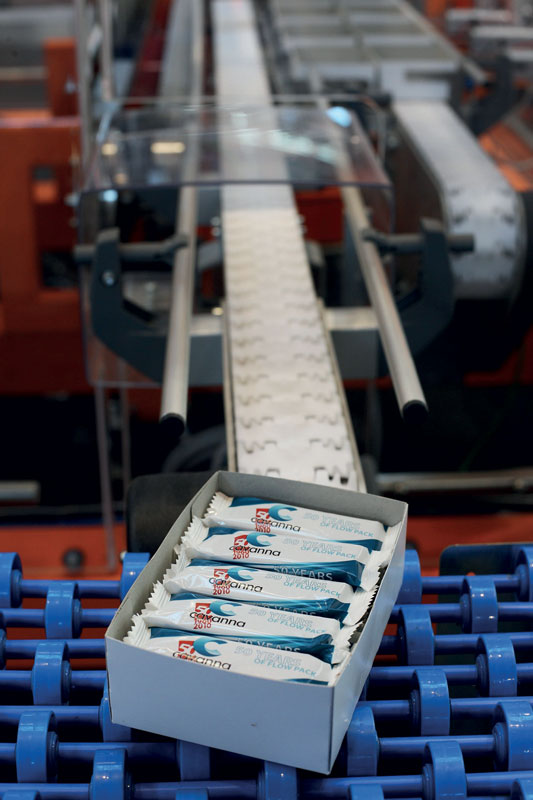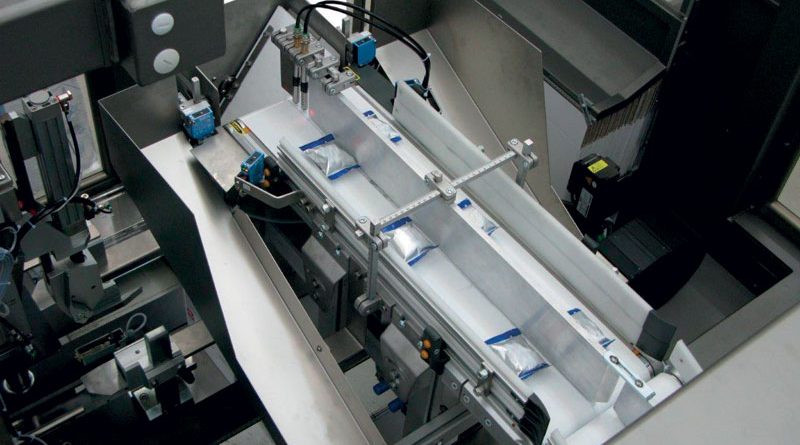R&D Investments, Efficient Processes: How to Restore the Packaging Sector to Health
From the Far East to the global market: packaging machinery is suffering. For UCIMA, the Italian Packaging Machinery Manufacturers Association, 2019 saw healthy growth – the first quarter for this year, on the other hand, has seen a slight drop in revenues, according to company figures, a drop which will become more marked over the course of the year. Association president – Enrico Aureli – is hopeful that this emergency situation can be the start of a new approach to industry in general.

2019 was a good year for the Italian packaging machinery sector. Global revenues surpassed the record figure of €8bn. According to forecasted data from the Italian Packaging Machinery Manufacturers Association (UCIMA) growth will stand at 1.8%. Inside Italy, there are signs of great progress at 3.2% growth, for total revenues of €1.713bn, thanks in part to the excellent results going back to 2018 on the back of the government’s Industry 4.0 plan.
Export – which represents 78.6% of overall turnover – grew by 1.4%, reaching a value of €6,293bn. Data splits show three macro-areas where the Made in Italy brand is performing very well: Asia (+12.7%), EU (+6.5%) and Africa/Oceania (+3%).
A drop in revenues for the first quarter of 2020
The market trend for the first quarter of 2020 has inevitably been influenced by the consequences of the Covid pandemic, starting in the Asiatic market to then be felt across the globe. The majority of Italian packaging manufacturers (around 78%) never stopped production, being part of the “essential” service group which includes Food & Beverage, Pharma, Tissue, Home & Personal Care. Many in the business community have, however, suffered from a serious drop in orders which is destined to continue over the following months.
Research into the situation at the start of May 2020, carried out by the study department of UCIMA, clearly showed that governmental and company procedures put in place (smart working, holiday time taken, shift working, unemployment benefit) have had a negative impact of productivity for over 88% of companies, albeit, with a limited impact on overall results for more than half of those questioned. Problems with supply (forced closures or supply chain slowness) were among the biggest issues being faced.
First quarter figures will show a contraction of around 5% (-19% in Italy, -2% export markets). Most companies believe there will be significant losses by the end of the year.

“Production of food, pharmaceuticals, hygiene products has, fortunately, not been impacted, meaning the packaging industry and its supply chain has also been kept afloat – said UCIMA president, Enrico Aureli – the fact that consumption is down, families are tightening their belts and suppliers are having problems keeping up production are all factors creating a great deal of worry. Pharmaceuticals is one sector showing rays of light, where UCIMA members are expecting stability or even growth”.
How the association can support its members
UCIMA’s role, in such a moment of difficulty, is fundamental in helping companies to get their heads around the long list of legislative measures brought in to stem the Covid emergency. The association publishes a daily newsletter informing members of the latest developments, useful information and providing companies with a genuine task force of experts to turn to, whatever a company’s needs may be. Under the circumstances, it has been decided to make this information available to non-members too, underlining the importance of solidarity in such testing times. On top of the hottest topics being dealt with in the newsletter and webinar service, UCIMA is continuing to provide training on the latest developments, including safety measures, remote assistance and smart working management. All this without forgetting the promotional activities which will be returning as soon as possible from trade fairs to highlighting Made in Italy technological excellence around the world.
The outlook for 2020-2021
The biggest challenge for Italian companies will be to grow their market share in the face of stiff competition from abroad, especially that of Germany.
Nonetheless, right now it is impossible to make a road map of what the future will look like, even if industrial activity has restarted in Italy, uncertainty in the packaging field, strictly linked to changes in consumption is still excessively high.
“For sure – Enrico Aureli adds – the current emergency must form the foundation of a new industrial approach, not only in packaging. For Italy, further investment in research and development will be key together with safeguarding its role of leadership in terms of innovation and automation. Slimming down processes will be another battleground, above all in export fields, and here, political bodies will be required to do their part as well”.

A bottling line. 
Production of food, pharmaceuticals, hygiene products has not been impacted, meaning the packaging industry has been kept afloat.
A sector at the cutting edge of ecological solutions
The Italian packaging industry is also at the cutting edge of ecological solutions which, together with innovation and automation, represent the future of industry itself. It is no coincidence that UCIMA, in collaboration with the Fico foundation, organized the Packaging Speaks Green international forum, which, last February, brought the gurus of this sector together in one place, Bologna, the heart of Packaging Valley.
“We are working towards the sustainable packaging of the future – concluded the UCIMA president – and we are convinced that an ecological company is a winning company. Results speak for themselves, those investing in sustainability, will reap the rewards in the future. Research into increasingly advanced technology and eco-compatible materials will continue to represent, in our opinion, the cornerstone of this sector’s future”. l

